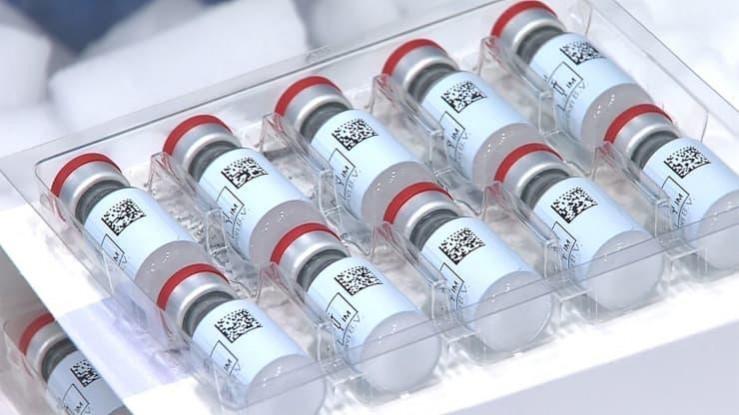The government of India has confirmed that six Indian firms, including Dr Reddy's, will collectively produce 70 crore doses per annum of Russian vaccine Sputnik V. As soon as the news came in, the hushed whispers around the Russian vaccine grew louder, while the queries turned sharper and their comparison with Indian vaccines stronger.

Sputnik V is the world's first registered COVID-19 vaccine and claims over 91.6% efficacy. The vaccine, developed by Gamaleya National Research Centre for Epidemiology and Microbiology (Moscow, Russia) is currently authorised in 61 countries.
How effective is it?
For consumers, now having the choice of half a dozen authorised vaccines, efficacy remains one of the prime concerns. In the month of February, the late-stage trial results of the vaccine were published in The Lancet and as per the article, Russia's Sputnik V gives around 92 per cent protection against Covid-19.

How safe is it?
Safety is one reason why the world over, Covid vaccine has seen so much of resistance from people. Never before, in modern medical history, has a vaccine been developed under similar time constraints and with such fluid nature of knowledge of the virus. But how safe is Sputnik V? The vaccine initially did meet criticism and controversy after it was rolled out even before the final trial data had been released, but now the researchers say its safety and efficacy have been widely demonstrated.
The data on adverse effects
The usual side effects are expected, including sore arm, low grade fever and fatigue. As per The Lancet paper, "No serious adverse events considered related to the vaccine were recorded, but serious adverse events unrelated to the vaccine were reported in 45 participants from the vaccine group and 23 participants from the placebo group."
It also says, "The interim report for phase 3 data now presented includes results for more than 20,000 participants, 75 per cent of whom were assigned to receive the vaccine and the follow up for adverse effects. Comorbidities were present in about a quarter of those who entered the trial." Three fatalities occurred in the vaccine group in individuals with extensive comorbidities and were deemed unrelated to the vaccine.
Sputnik V first dose and how it works?
Also a two-dose vaccine, Russia's Sputnik V works in a similar way as Oxford/AstraZeneca shot developed in the UK. Both vaccines introduce the body's immune system to a small fragment of cold type virus (which has been engineered to be harmless). Once the body has been introduced to the virus' genetic code, it learns to recognise the threat and fights it off. After the first dose, the body starts to produce anti-bodies.
Sputnik's second dose differs and how?
Unlike other vaccines that use the same engineering, Sputnik's second dose differs in the sense it uses a slightly different version than the first. The doses, given 21 days apart, thus introduce the body to two different formulas which boost the immune system even more than using the same version twice.











